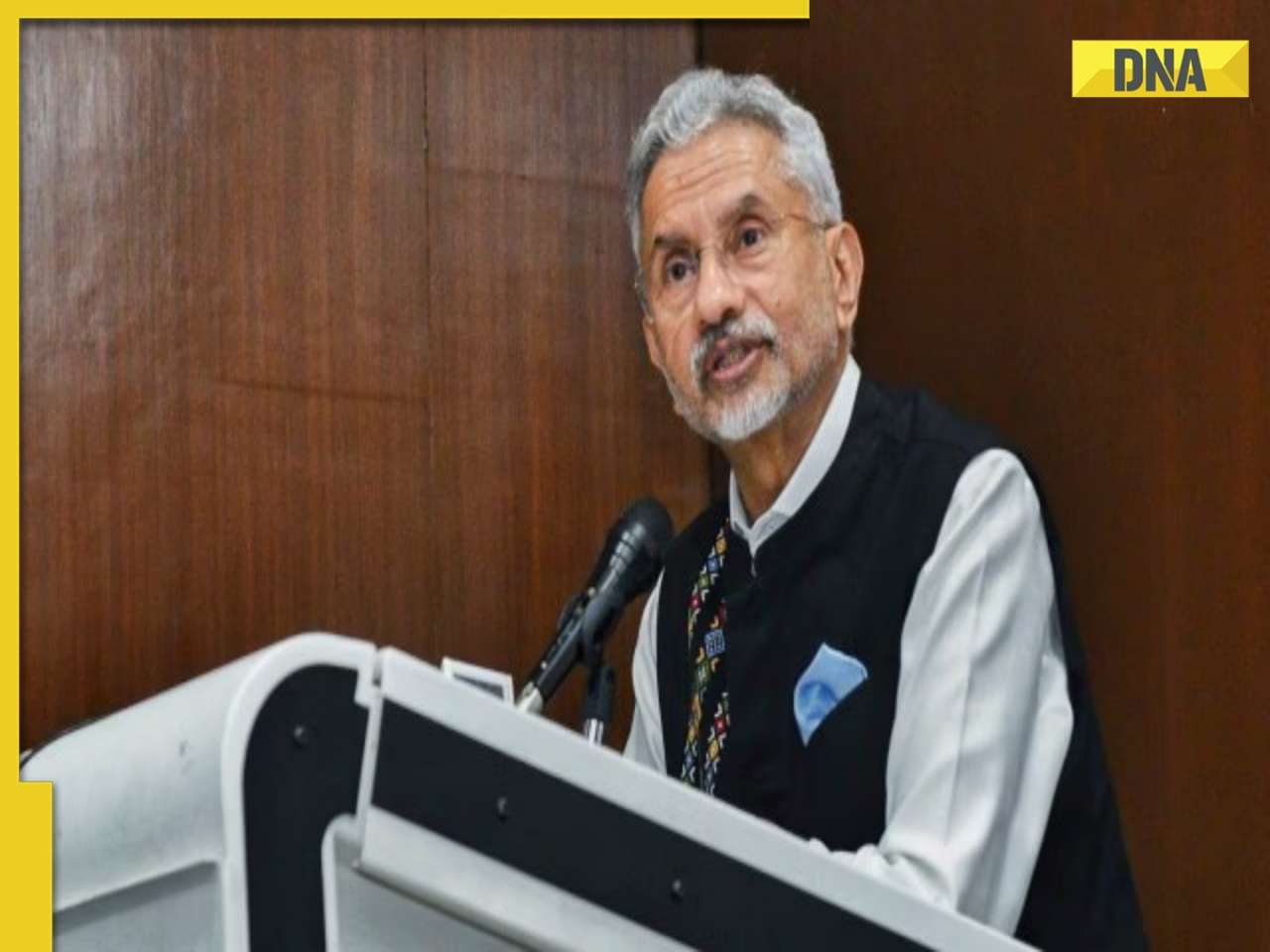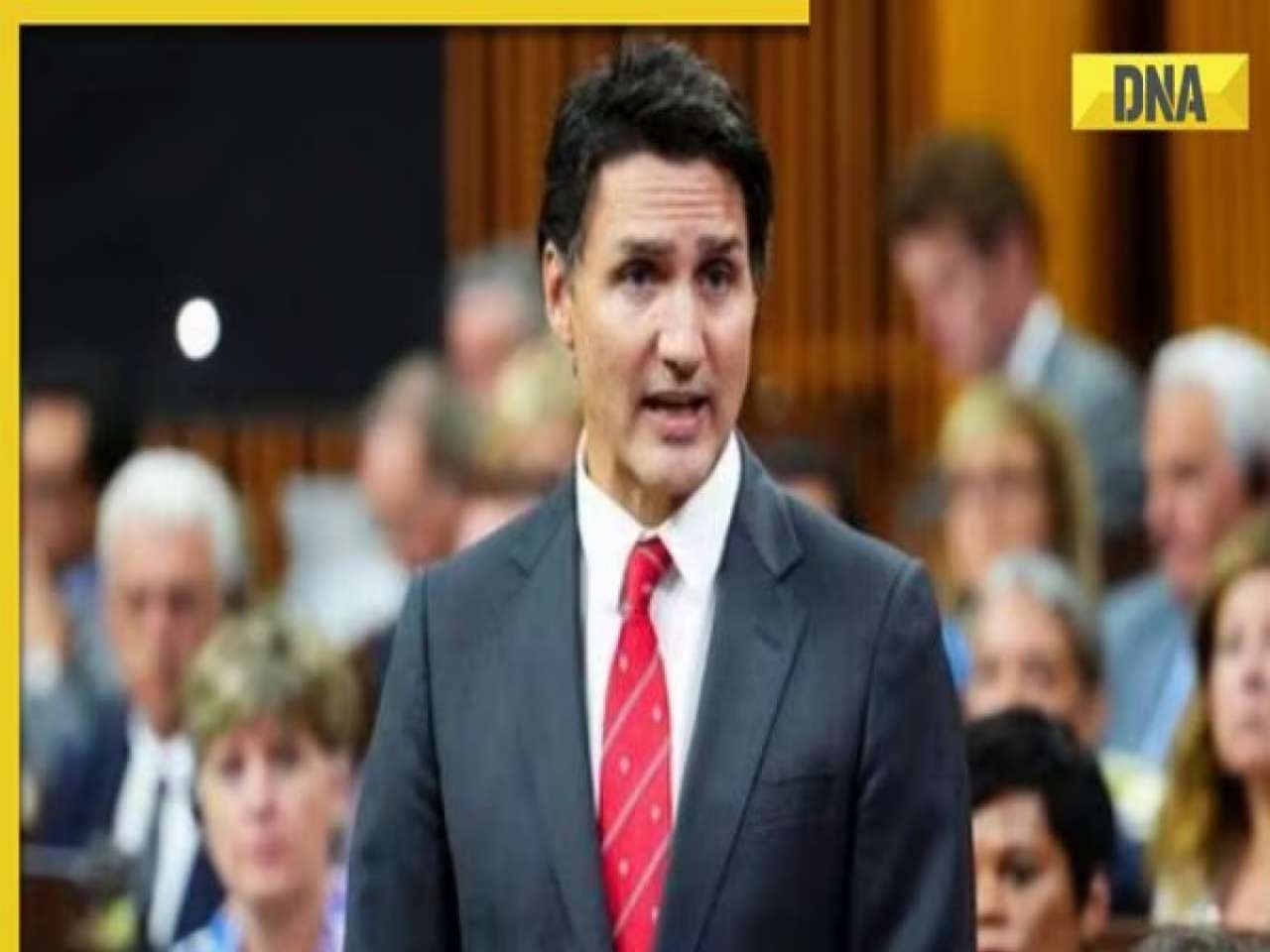Tony Blair denies in Indian TV interview that he is using his Middle East role to further his business interests.
Tony Blair, Britain's former prime minister, said he could make a lot more money than he does as he defended his "jet-set" life and strongly denied claims that he had used his role as a peace envoy in the Middle East to win private business contracts.
Mr Blair used an interview to declare that he had been upset by allegations that he had profited from mobile telephone and gas deals in the Palestinian territories, and that he had lobbied Colonel Muammar Gaddafi's Libyan government on behalf of the merchant bank JP Morgan, because they were "untrue" and "absurd".
His comments were made amid growing controversy over his "billionaire lifestyle" and alleged pro-Israel bias in his role as envoy of the Quartet on the Middle East - in which he mediates on behalf of the United States, Russia, the European Union and the United Nations.
The Daily Telegraph disclosed on Wednesday that his position as envoy is now in jeopardy as the Palestinian Liberation Organisation prepares a proposal to declare him persona non grata in the next few days.
In an interview broadcast on Wednesday on India's CNBC-TV18, he also defended his relationship with Rupert Murdoch and blamed the children of alcoholics, drug addicts and prostitutes for Britain's recent riots.
Mr Blair said recent allegations against him had been inspired by a Left-wing media establishment that resented him for creating New Labour, and a Right-wing establishment that hated him for winning three general elections.
"I probably spend two thirds of my time on pro-bono activity. I probably spend the biggest single chunk of my time on the Middle East peace process, which I do unpaid," he said, adding that he raises money for his foundation to fight poverty in Africa and his India-based inter-faith foundation.
"I left office [in 2007] with two people and a mobile phone, I've now got about 150 people working for me. So if what I was interested in doing was making money I could make a lot more and have a very gentle and easy life. When you talk about a jet-set life, it means I spend a lot of time in jets, which is true," he said.
He rejected claims that he had benefited from a deal to establish a second mobile telephone network in the Palestinian Authority, whose operator borrowed $2?billion from the merchant bank JP Morgan, which employs Mr Blair as an adviser, or from a $6?billion gas project in Gaza, where the operator British Gas is also linked to the bank.
"This is absolutely untrue … [The Palestinians] had one mobile telephone company and were desperate to introduce competition which would give them hundreds of millions of dollars in revenue. It was the single biggest foreign direct investment in Palestine. I made absolutely no gain out of it at all. It was a long-standing commitment of the international community," he said.
He dismissed claims of a conflict of interest in promoting a Gaza gas project because the operator, British Gas, is also a client of JP Morgan as "tenuous".
He defended his contacts with Gaddafi and said he had played a key role in persuading the former dictator to embrace the West.
"I've never made any commercial deals out of Libya at all," he said. "It's true I used to see Col Gaddafi after I left office, particularly for the first couple of years. I was very instrumental in bringing him in from the cold when he gave up his nuclear and chemical weapons, started co-operating in the fight against terrorism."
He did, however, regret his failure to persuade Gaddafi to adopt internal political reforms. "I hoped he might shift internal policy to match external policy shifts but he did not," he added.
The work of his foundation in Africa and his inter-faith foundation in India, and his efforts in Libya and as Middle East envoy were completely separate from his business interests on behalf of Tony Blair Associates, he said. He admitted he had been hired by the Emir of Kuwait but denied it had any connection to his work as Middle East envoy for the Quartet.
"In respect of Kuwait, this is something I do completely separately from anything else. One part of what we do is we advise governments on building capacity in things like health care and education. It has absolutely nothing to do with what I do in the Middle East," he said.
Mr Blair, whose private life has recently been the subject of some scrutiny with one Israeli newspaper linking him with a wealthy divorcee, said allegations over Middle East profiteering were hurtful.
The allegations were "certainly upsetting, in particular relating to the Palestinians, because it's completely untrue. Even me with my broad shoulders and thick skin after all these years, it's not pleasant to have people say that," he said.
Mr Blair also used the interview to defend Britain's social fabric in the aftermath of the summer riots, which have damaged the country's image overseas. He said the criminality witnessed during the violence gave a misleading impression of Britain's young people, who, he said, were more responsible and hard working than his generation had been.
He blamed the violence on small numbers of young people from dysfunctional families. "The parents are often on drugs or have got alcohol problems, the mother may be in prostitution and so on, it's a small number of families but they cause an immense amount of damage in local communities," he said.
Mr Blair rejected criticism of his cosy relationship with media barons such as Mr Murdoch and said newspapers in Britain were such powerful instruments of politics that it was essential to have good relations.
"People often say, 'You had too strong a relationship not just with Murdoch but with [other] parts of the media' … and I always say to that, 'Look, if you're in a situation where these guys, particularly if they hunt in a pack, can literally take out any ministers and make your government rock, you've got no option but to work hard and try to bring them around," he said.
It wasn't healthy, he added, but "the truth is you're dealing with people who, if they decide to put one of their newspapers against you, what you find is not that the comment is against you, the stories are against you. That's a very different thing. This is not so much about a cosy relationship, it's a relationship in which you are dealing with people who have got the capacity to do very great damage."
![submenu-img]() 'They unilaterally took some measures': EAM Jaishankar on new Nepal 100 rupee currency
'They unilaterally took some measures': EAM Jaishankar on new Nepal 100 rupee currency![submenu-img]() Meet Ice Cream Lady of India, who built Rs 6000 crore company, started with small investment of Rs…
Meet Ice Cream Lady of India, who built Rs 6000 crore company, started with small investment of Rs…![submenu-img]() ‘Canada a rule-of-law country’: PM Trudeau after 3 Indian arrested over Hardeep Nijjar's murder
‘Canada a rule-of-law country’: PM Trudeau after 3 Indian arrested over Hardeep Nijjar's murder![submenu-img]() Viral video: Specially-abled girl’s energetic dance to Bollywood song wows internet, watch
Viral video: Specially-abled girl’s energetic dance to Bollywood song wows internet, watch![submenu-img]() 'Baap re baap': Imtiaz Ali reveals Diljit Dosanjh was scandalised by old women's 'vulgar' improvisation on Chamkila set
'Baap re baap': Imtiaz Ali reveals Diljit Dosanjh was scandalised by old women's 'vulgar' improvisation on Chamkila set![submenu-img]() DNA Verified: Is CAA an anti-Muslim law? Centre terms news report as 'misleading'
DNA Verified: Is CAA an anti-Muslim law? Centre terms news report as 'misleading'![submenu-img]() DNA Verified: Lok Sabha Elections 2024 to be held on April 19? Know truth behind viral message
DNA Verified: Lok Sabha Elections 2024 to be held on April 19? Know truth behind viral message![submenu-img]() DNA Verified: Modi govt giving students free laptops under 'One Student One Laptop' scheme? Know truth here
DNA Verified: Modi govt giving students free laptops under 'One Student One Laptop' scheme? Know truth here![submenu-img]() DNA Verified: Shah Rukh Khan denies reports of his role in release of India's naval officers from Qatar
DNA Verified: Shah Rukh Khan denies reports of his role in release of India's naval officers from Qatar![submenu-img]() DNA Verified: Is govt providing Rs 1.6 lakh benefit to girls under PM Ladli Laxmi Yojana? Know truth
DNA Verified: Is govt providing Rs 1.6 lakh benefit to girls under PM Ladli Laxmi Yojana? Know truth![submenu-img]() Streaming This Week: Heeramandi, Shaitaan, Manjummel Boys, latest OTT releases to binge-watch
Streaming This Week: Heeramandi, Shaitaan, Manjummel Boys, latest OTT releases to binge-watch![submenu-img]() Remember Ayesha Kapur? Michelle from Black, here's how actress, nutrition coach, entrepreneur looks after 19 years
Remember Ayesha Kapur? Michelle from Black, here's how actress, nutrition coach, entrepreneur looks after 19 years![submenu-img]() Remember Heyy Babyy's cute 'Angel' Juanna Sanghvi? 20 year-old looks unrecognisable now, fans say 'her comeback will...'
Remember Heyy Babyy's cute 'Angel' Juanna Sanghvi? 20 year-old looks unrecognisable now, fans say 'her comeback will...'![submenu-img]() In pics: Arti Singh stuns in red lehenga as she ties the knot with beau Dipak Chauhan in dreamy wedding
In pics: Arti Singh stuns in red lehenga as she ties the knot with beau Dipak Chauhan in dreamy wedding![submenu-img]() Actors who died due to cosmetic surgeries
Actors who died due to cosmetic surgeries![submenu-img]() DNA Explainer: Why Harvey Weinstein's rape conviction was overturned, will beleaguered Hollywood mogul get out of jail?
DNA Explainer: Why Harvey Weinstein's rape conviction was overturned, will beleaguered Hollywood mogul get out of jail?![submenu-img]() What is inheritance tax?
What is inheritance tax?![submenu-img]() DNA Explainer: What is cloud seeding which is blamed for wreaking havoc in Dubai?
DNA Explainer: What is cloud seeding which is blamed for wreaking havoc in Dubai?![submenu-img]() DNA Explainer: What is Israel's Arrow-3 defence system used to intercept Iran's missile attack?
DNA Explainer: What is Israel's Arrow-3 defence system used to intercept Iran's missile attack?![submenu-img]() DNA Explainer: How Iranian projectiles failed to breach iron-clad Israeli air defence
DNA Explainer: How Iranian projectiles failed to breach iron-clad Israeli air defence![submenu-img]() 'Baap re baap': Imtiaz Ali reveals Diljit Dosanjh was scandalised by old women's 'vulgar' improvisation on Chamkila set
'Baap re baap': Imtiaz Ali reveals Diljit Dosanjh was scandalised by old women's 'vulgar' improvisation on Chamkila set![submenu-img]() This actor, who worked with Karan Johar and Farhan Akhtar, gave superhit shows, saw failed marriage, killed himself at..
This actor, who worked with Karan Johar and Farhan Akhtar, gave superhit shows, saw failed marriage, killed himself at..![submenu-img]() Did you know Ranveer Singh's grandmother was popular actress? Worked with Raj Kapoor; her career affected due to...
Did you know Ranveer Singh's grandmother was popular actress? Worked with Raj Kapoor; her career affected due to...![submenu-img]() India's highest-paid TV actress began working at 8, her Bollywood films flopped, was seen in Bigg Boss 1, now charges...
India's highest-paid TV actress began working at 8, her Bollywood films flopped, was seen in Bigg Boss 1, now charges...![submenu-img]() Shreyas Talpade wonders if his heart attack was due to Covid vaccine: 'We don’t know what we have taken inside...'
Shreyas Talpade wonders if his heart attack was due to Covid vaccine: 'We don’t know what we have taken inside...'![submenu-img]() IPL 2024: Faf du Plessis, Virat Kohli help Royal Challengers Bengaluru defeat Gujarat Titans by 4 wickets
IPL 2024: Faf du Plessis, Virat Kohli help Royal Challengers Bengaluru defeat Gujarat Titans by 4 wickets![submenu-img]() IPL 2024: Why is Sai Kishore not playing today's RCB vs GT match?
IPL 2024: Why is Sai Kishore not playing today's RCB vs GT match?![submenu-img]() 'Mumbai Indians ki kahani khatam': Ex-India star slams Hardik Pandya after MI's loss to KKR at Wankhede
'Mumbai Indians ki kahani khatam': Ex-India star slams Hardik Pandya after MI's loss to KKR at Wankhede![submenu-img]() LSG vs KKR, IPL 2024: Predicted playing XI, live streaming details, weather and pitch report
LSG vs KKR, IPL 2024: Predicted playing XI, live streaming details, weather and pitch report![submenu-img]() LSG vs KKR IPL 2024 Dream11 prediction: Fantasy cricket tips for Lucknow Super Giants vs Kolkata Knight Riders
LSG vs KKR IPL 2024 Dream11 prediction: Fantasy cricket tips for Lucknow Super Giants vs Kolkata Knight Riders![submenu-img]() Viral video: Specially-abled girl’s energetic dance to Bollywood song wows internet, watch
Viral video: Specially-abled girl’s energetic dance to Bollywood song wows internet, watch![submenu-img]() Viral video: Man educates younger brother about mensuration, internet is highly impressed
Viral video: Man educates younger brother about mensuration, internet is highly impressed![submenu-img]() Girl's wedding dance to Haryanvi song interrupted by mother in viral video, internet reacts
Girl's wedding dance to Haryanvi song interrupted by mother in viral video, internet reacts![submenu-img]() Viral video: Man fearlessly grabs dozens of snakes, internet is scared
Viral video: Man fearlessly grabs dozens of snakes, internet is scared![submenu-img]() This mysterious mobile phone number was suspended after three users...
This mysterious mobile phone number was suspended after three users...












































)
)
)
)
)
)